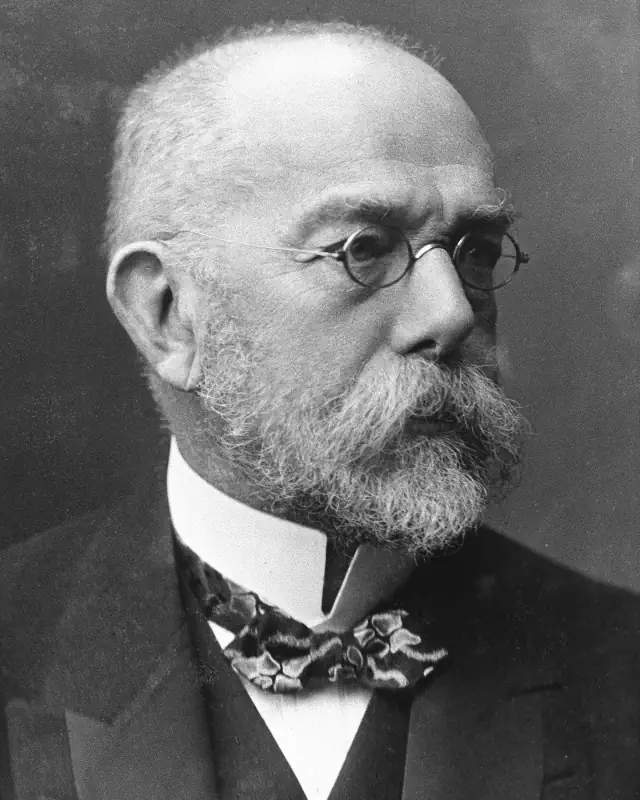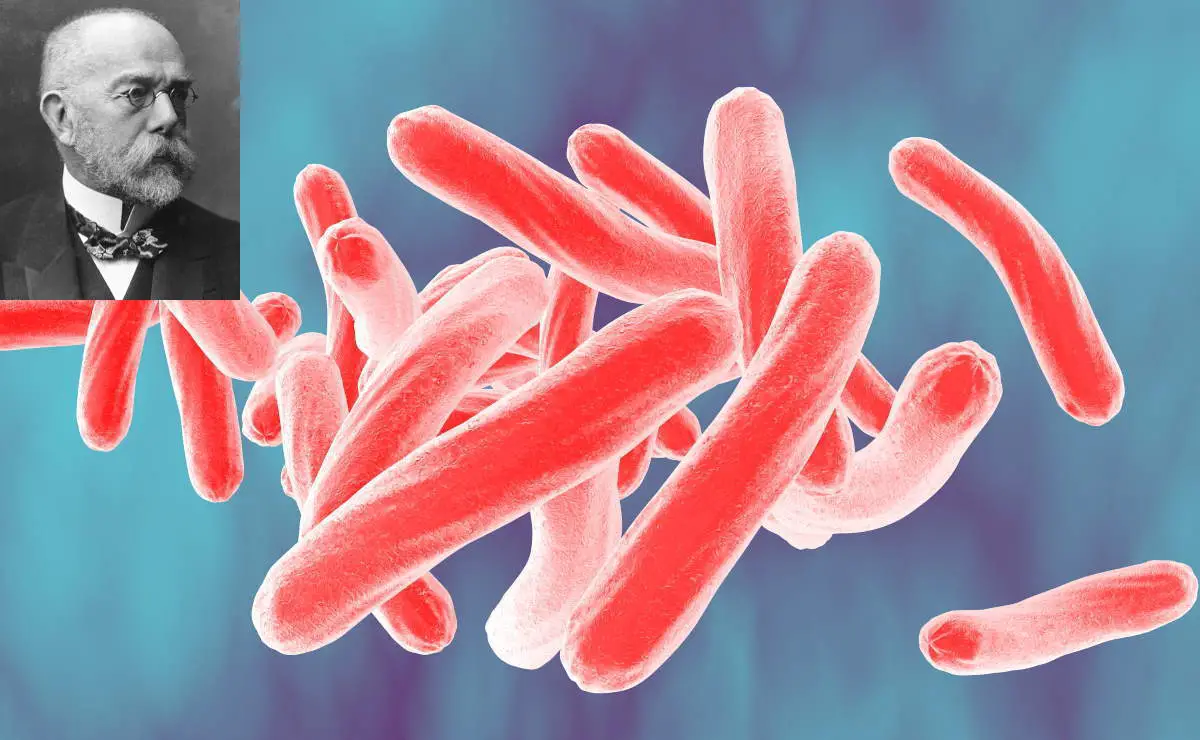On March 24, 1882, German physician and microbiologist Robert Koch (11 December 1843 – 27 May 1910) announced the discovery of the tuberculosis bacterium. since 1982, March 24 is commemorated by the World Health Organization (WHO) World Tuberculosis Day to raise public awareness.
Today’s (March 24) story of what happened this day in Science, Technology, Astronomy, and Space Exploration history.
Robert Koch

Robert Koch (11 December 1843 – 27 May 1910) was a German physician and microbiologist. He was the discoverer of the specific causative agents of deadly infectious diseases including tuberculosis, cholera (though the bacterium itself was discovered by the Italian anatomist Filippo Pacini in 1854), and anthrax. As a result, he is regarded as one of the main founders of modern bacteriology.
Tuberculosis

Tuberculosis (TB) is caused by a bacterium called Mycobacterium tuberculosis. The bacteria usually attack the lungs, but TB bacteria can attack any part of the body such as the kidney, spine, and brain. Not everyone infected with TB bacteria becomes sick.
As a result, two TB-related conditions exist:
- latent TB infection (LTBI)
- and TB disease.
If not treated properly, tuberculosis (TB) disease can be fatal.
Sources
- Robert Koch on Wikipedia
- Basic Tuberculosis (TB) Facts on the Centers for Disease Control and Prevention website
- Mycobacterium tuberculosis on Wikipedia
- Moon Landings: All-Time List [1966-2025] - February 2, 2025
- What Is Max-Q and Why Is It Important During Rocket Launches? - January 16, 2025
- Top 10 Tallest Rockets Ever Launched [2025 Update] - January 16, 2025

